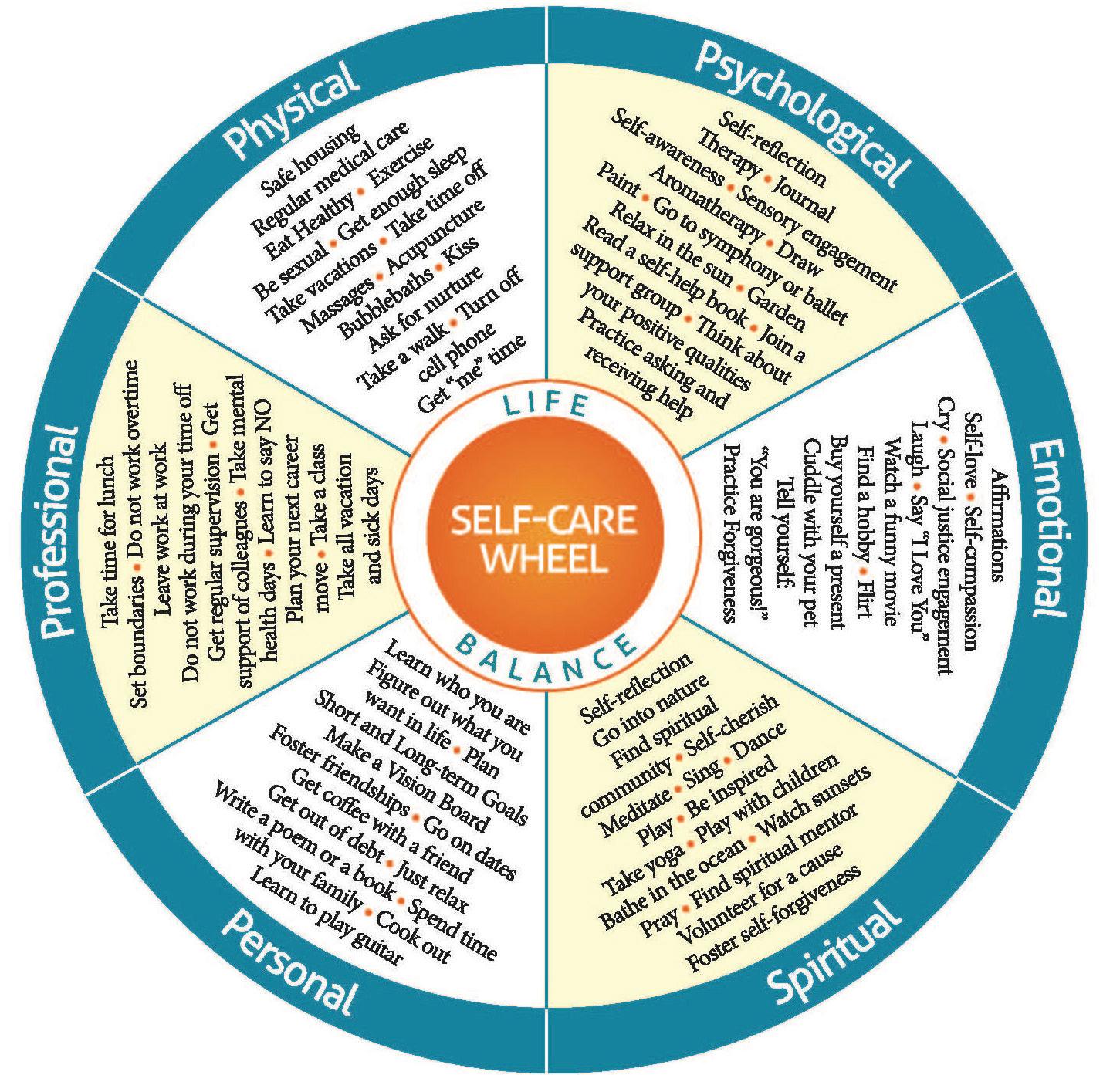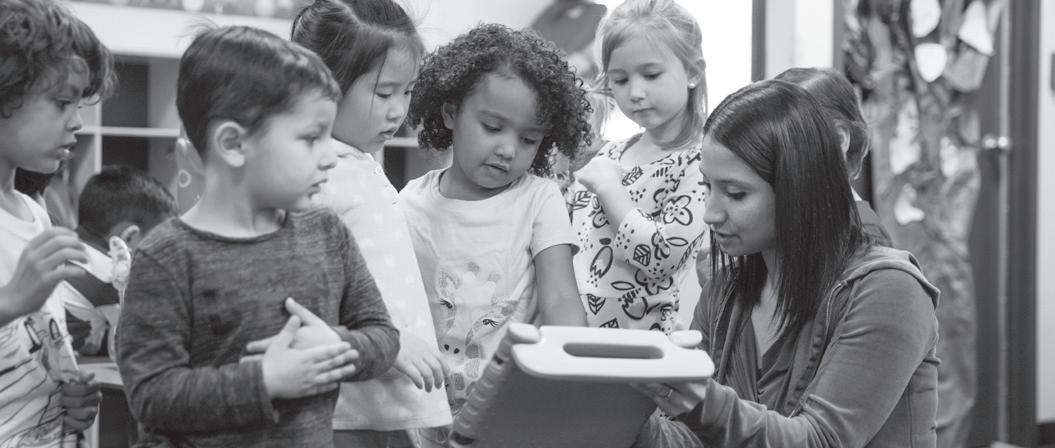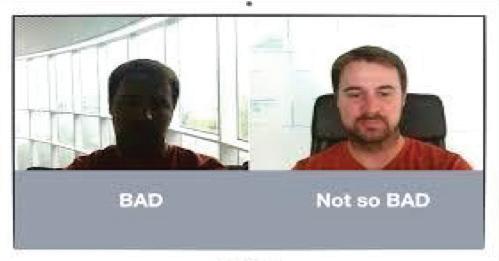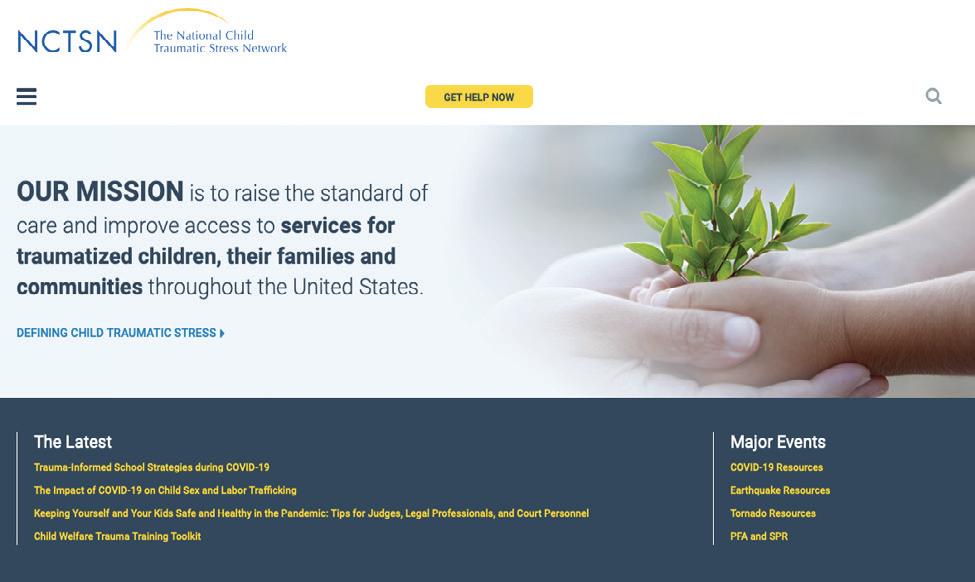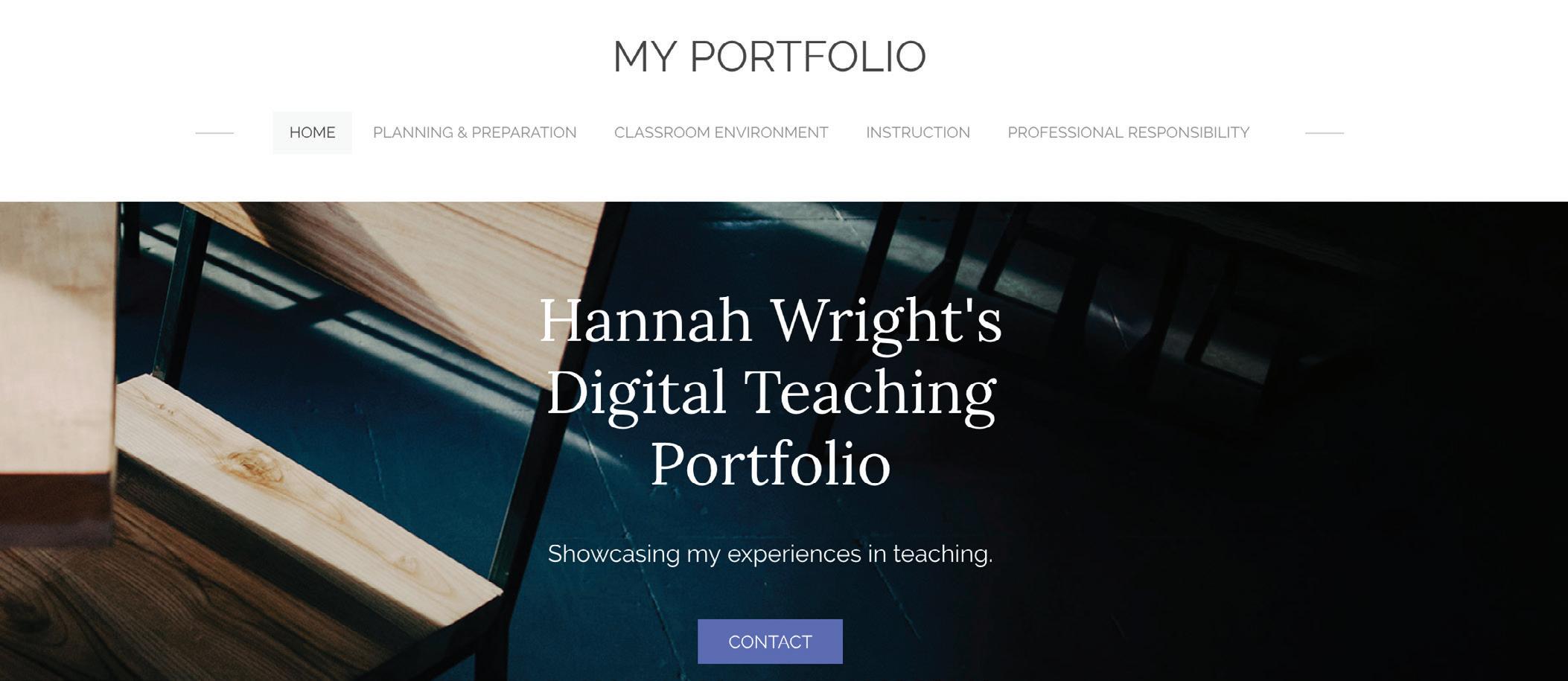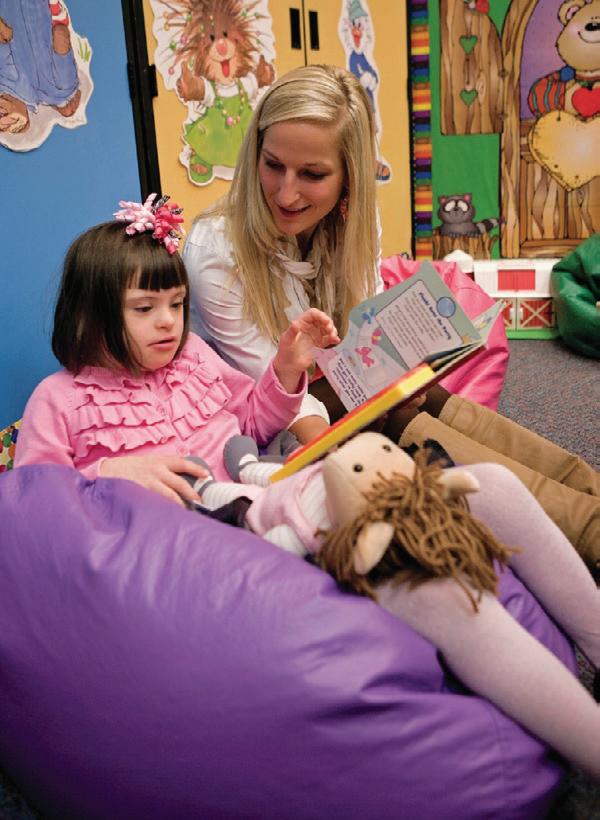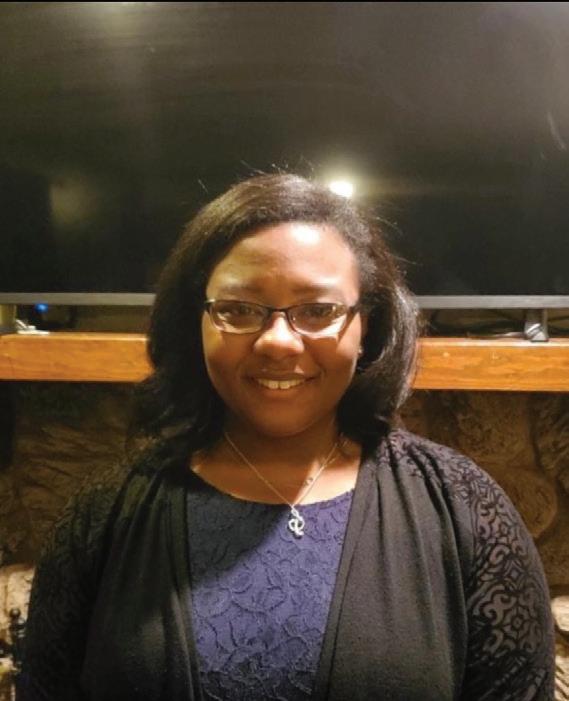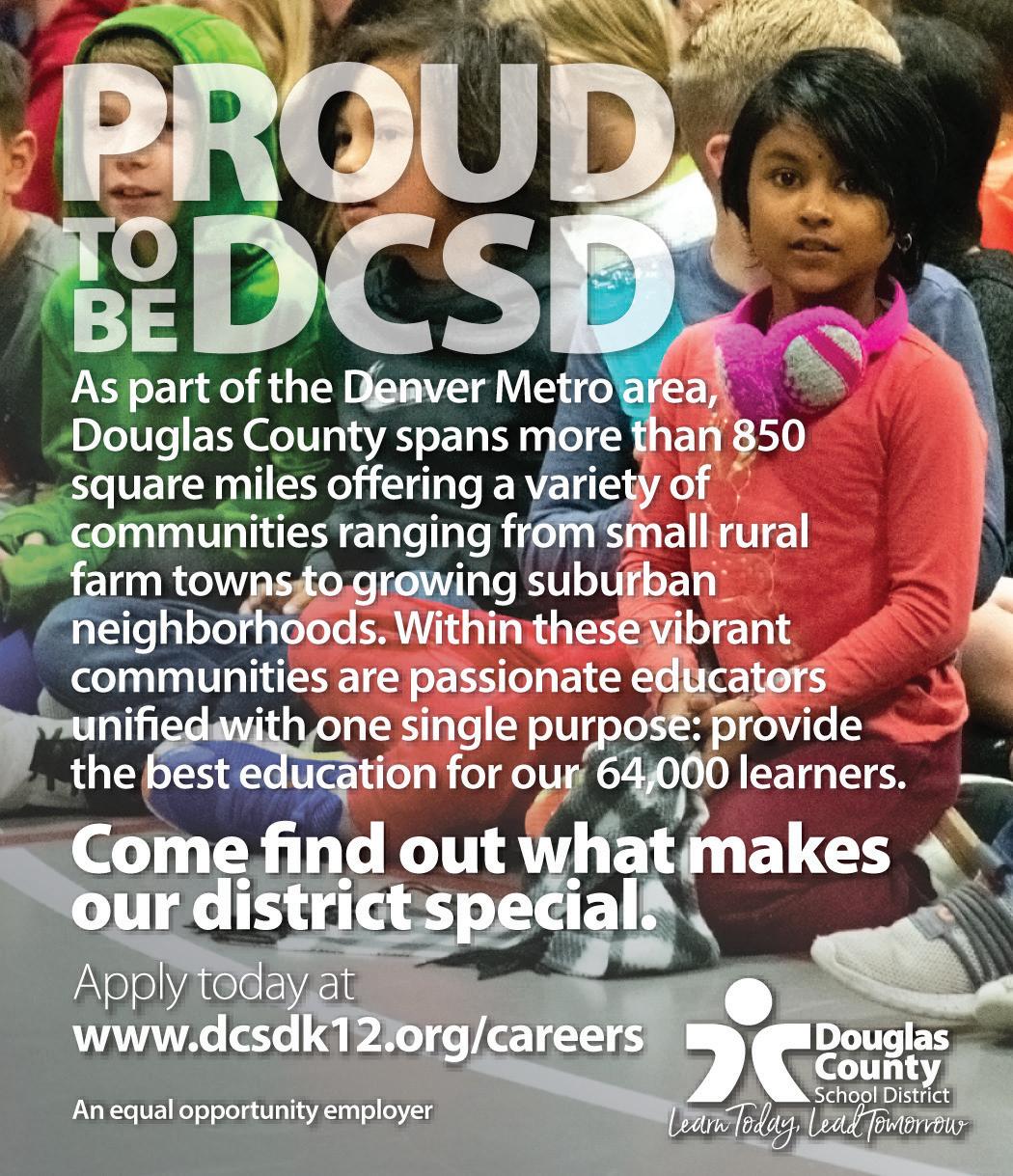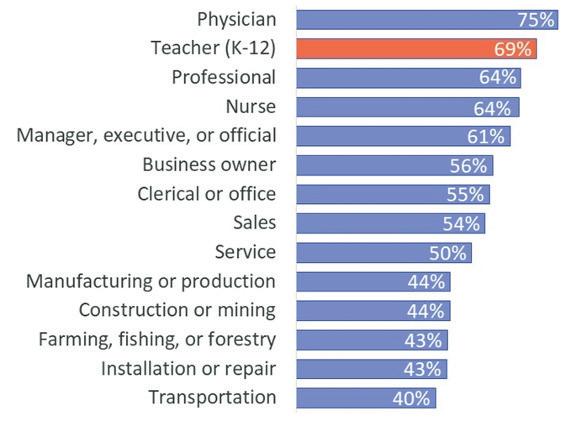John F. Snyder Associate Director of Career Education and Development (retired), Slippery Rock University of Pennsylvania
E
ven in this era of online applications and LinkedIn, your resume is still pertinent. This one or two-page document captures your teaching skills and experiences. The goal of your resume, along with the other paperwork districts require, is to earn you an interview. When used during the course of a job fair or on-site interview, the resume provides the interviewer with relevant information about your qualifications. As you gather and organize information for your resume, critically examine your skills, experiences, and accomplishments and relate them to teaching. Self-assessment and reflection are excellent preparation for the interview as well. Before writing your resume, read a job description of a teacher in the Occupational Outlook Handbook (www.bls.gov/ooh), O*Net (www.onetonline.org), or another career reference resource. Talk to teachers about what they do. Pay attention to the words describing the profession and use these same words in your resume. Think about the skills teachers employ. Educators plan, organize, prepare, research, instruct, lead, listen, demonstrate, write, supervise, evaluate, motivate, implement, integrate, encourage, facilitate, enforce, advocate, collaborate, communicate, and assess. While there is not simply one correct way to write a resume, effective resumes adhere to basic guidelines: ü
Beginning with the most important material;
ü
Starting sentences with vivid verbs describing your skills;
ü
Using bullet statements or short paragraphs;
ü
Being consistent in formatting;
ü
Supplying specific, quantifiable information outlining responsibilities and accomplishments;
ü
Eliminating all spelling and grammatical mistakes.
A reader spends only 20 to 30 seconds screening your resume; significant information must stand out communicating your competencies to be an outstanding teacher.
Resume Categories Contact Information Your name, phone number, and e-mail belong at the top of the resume. Due to privacy concerns, an address on your resume has become optional. If you are submitting your resume to an online database which will be accessible to multiple users of that service, you may want to omit the address. Most educational employers will ask for your address on an application, so providing your address on your resume is your decision. Include your cell phone number. Most of the time, employers will call you to set up an interview. Therefore, make sure your voice mail greeting is one you want a potential employer to hear. At the same time, make sure your e-mail address is one that won’t embarrass you. Create an email account just for employers. Objective The objective is also optional, but if you write one, keep it concise. The purpose of an objective is for the reader to quickly identify what you are qualified to do. Write the grades and certification areas you
are willing to teach. You may include your interest in supervising extracurricular activities. No need to elaborate by stating that you desire a “challenging teaching position” (all teaching assignments are challenging) or that you want to work in a school that “cares about children” (what school doesn't care?). Address your motivation to become a teacher or what you hope to accomplish as a teacher in your cover letter and application. Education Most first year teacher candidates should list “Education” after the objective because the degree is the basic qualification for teaching. Include all college experiences with the most advanced degree first. List your degree, major and minor, the name and location of the institution, and your graduation date. Include your GPA if it is 3.0 or above. Be sure that you include your certification or licensure area(s). If you have unique educational experiences, such as study overseas, include this information here. You may choose to include academic honors, activities, conferences, educational clubs/ associations, and scholarships here, or you may do so in a separate section.
Resumes, Cover Letters, References, and Applications
Effective Resumes for Education Majors
Student Teaching and Field Experience If you are earning your first teaching certificate, you do not have professional teaching experience yet. This section is the most important one and must be the salient part of your resume. You can use the heading “Student Teaching and Field Experience” or even “Teaching Experience,” but make sure readers know these are pre-service teaching experiences and not professional teaching experiences. State the school, location, and dates. Include the facts of your teaching assignment such as the number of students you worked with each day (or each week), the number or percentage of students with IEP’s you accommodated, and the classes, grade levels, and subjects you were responsible for. Then describe your instructional experience in specific terms. All student teachers write lesson plans – what specifically did you prepare and present? Leave off routine activities such as grading papers or creating seating charts. Consider addressing these issues as you describe your instructional experience as a student teacher: ü
A unit plan you created that encompassed a variety of subject areas;
ü
Lessons you designed to meet state standards;
ü
Techniques that you employed to differentiate your instruction and the accommodations you provided to meet the needs of diverse learners;
ü
Specific technology you incorporated into your teaching;
ü
Creative ways that you connected the subject material with the students;
ü
Various methods you used to assess the progress of your students;
ü
Collaborative activities, including co-teaching, with other teachers, school counselors, and administrators that you participated in;
ü
Paraprofessionals and parent volunteers you supervised;
ü
The classroom management system you used.
29 American Association for Employment in Education




